
Elizabeth Rizzini Disability: Facts, Myths, and Public Curiosity Explained
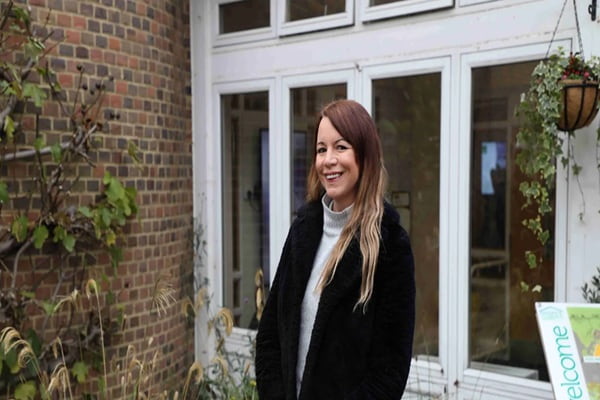
When you think of Elizabeth Rizzini, chances are you picture her smiling confidently on your TV screen, explaining Britain’s unpredictable weather with calm precision. She’s one of the familiar faces of BBC Weather, loved for her warmth, clarity, and professionalism.
But if you’ve ever searched her name online, you’ve probably come across a curious phrase — “Elizabeth Rizzini disability.” It’s one that’s been floating around on social media, blogs, and forums for quite some time now. So where did these rumors begin, and why has this topic attracted so much attention?
Let’s take a closer look at Elizabeth’s journey — her background, her broadcasting career, and the truth behind the whispers — while also exploring what this says about how we treat public figures and conversations around disability.
1. Who Exactly Is Elizabeth Rizzini?
Elizabeth Rizzini isn’t just a familiar face on BBC London Weather — she’s a trusted voice for millions of viewers who rely on her forecasts every day. Known for her steady on-screen presence and clear communication, she makes even the most complex weather patterns feel easy to understand.
Before her career at the BBC, Rizzini built her foundation in science and communication, a mix that has become her secret weapon. Her ability to translate meteorological data into relatable insights has made her one of the network’s standout weather presenters.
Off-screen, Elizabeth is also a devoted mother who has managed to balance her professional life with raising a family — something that resonates deeply with many working parents who watch her every morning.
2. Her Career and Accomplishments at BBC Weather
Elizabeth’s journey with the BBC marked a defining chapter in her career. She joined the network’s London team, quickly becoming known for her friendly demeanor and reliability.
Over the years, she’s covered everything from record-breaking heatwaves to severe winter storms, all while bringing a calm, reassuring energy to viewers.
Some highlights of her career include:
-
Regular segments on BBC News and BBC Breakfast
-
Detailed coverage of extreme weather events across the UK
-
Efforts to raise awareness about climate change through her forecasts
Her combination of technical skill, intelligence, and natural warmth has earned her the respect of colleagues and audiences alike.
3. The Origins of the “Elizabeth Rizzini Disability” Rumors
Here’s where things get a bit complicated.
The phrase “Elizabeth Rizzini disability” started gaining traction online — but without any clear source. No official statements, no medical reports, no public confirmations. It seemed to appear out of nowhere.
Like many modern rumors, it may have started from a misinterpreted post, a misleading photo, or even pure speculation. Once one person mentions it, social media’s echo chamber does the rest.
Before long, blogs and gossip sites picked it up, spinning the narrative further without offering any evidence. This kind of “digital whispering” happens often with public figures, especially when they’re private about their personal lives.
4. Separating Facts from Fiction
So, let’s get this straight: there is no verified information or public record confirming that Elizabeth Rizzini has any disability.
She has never spoken publicly about having one, and there’s no credible reporting suggesting otherwise. What’s interesting, though, is how quickly such unverified claims can snowball into online “truths” simply because people keep repeating them.
Rizzini’s choice not to address the rumors directly isn’t unusual — in fact, it reflects her consistent professionalism and desire to keep the focus on her work, not her personal circumstances.
It’s a reminder that silence isn’t confirmation. Sometimes, it’s simply a way of saying: “This part of my life isn’t for public discussion.”
5. Why the Public Is So Curious About Celebrity Health
There’s a strange fascination with the personal health of public figures — especially those who appear regularly on television. People tend to humanize celebrities through vulnerability, and health becomes a kind of emotional connection point.
Some reasons behind this curiosity include:
-
Relatability – viewers want to see themselves in public figures
-
Speculation culture – online gossip thrives on mystery
-
Lack of transparency – when little is known, people fill in the blanks
But while curiosity is human, it can cross the line when it turns into assumption or intrusion. Everyone, including media personalities, deserves the right to medical privacy.
6. How the Media Handles Disability Representation
The media’s approach to disability has often been a mixed bag — either framing people as “inspirational heroes” or using their conditions as sensational gossip fodder.
Thankfully, the landscape is improving. Many broadcasters now focus on authentic representation, hiring presenters with visible and non-visible disabilities, and normalizing diversity on screen.
In Elizabeth Rizzini’s case, it’s worth noting that major news outlets have refrained from amplifying the rumors, showing more responsibility than in past years. This restraint is a positive sign of progress in ethical journalism — treating health and disability topics with the sensitivity they deserve.
7. The Bigger Picture: Inclusivity and Respect
Even though the Elizabeth Rizzini disability rumors are unsubstantiated, they highlight an important cultural issue — how society still treats disability as something “unusual” or “secret.”
Inclusivity in media isn’t just about representation — it’s about changing attitudes. When audiences see diverse people presenting the news, acting, or leading businesses, it reinforces the truth that disability doesn’t define ability.
Why inclusivity matters:
-
It breaks down stereotypes
-
It helps viewers with disabilities feel seen and represented
-
It encourages empathy and understanding
-
It makes the media more reflective of real life
The takeaway? Whether or not someone has a disability shouldn’t determine how we view their talent or achievements.
Also Read : Mickey Rourke Young The Rise, Rebellion and Raw Talent Behind the Hollywood Icon
Social Media’s Role in Misinformation
Platforms like Twitter, Reddit, and Facebook have turned speculation into sport. A single comment can morph into a trending topic in hours. Algorithms reward engagement, not accuracy, which means rumors spread faster than facts.
Elizabeth Rizzini’s experience is just one example of this phenomenon. Despite having no basis, the “disability” narrative was shared widely — proving how quickly false stories can gain traction when left unchecked.
The best defense against this cycle? Critical thinking. Before sharing or believing something, ask: Is there actual evidence? Is this coming from a reliable source?
What We Can Learn from the Elizabeth Rizzini Story
There are some valuable takeaways from this ongoing discussion:
-
Respect privacy: Curiosity shouldn’t outweigh compassion.
-
Fact-check first: Not everything trending online is true.
-
Support inclusivity: Representation should be normalized, not sensationalized.
-
Appreciate professionalism: Let someone’s work speak louder than gossip.
Elizabeth Rizzini has continued to do just that — letting her expertise and calm presence define her, rather than rumors or online noise.
A Legacy of Poise and Professionalism
Despite the online chatter, Elizabeth Rizzini remains one of the most respected weather presenters in the UK. She’s built her career on credibility, knowledge, and consistency — qualities that far outweigh speculation.
Her story isn’t about whether a rumor is true; it’s about how she’s handled it. With quiet dignity and focus on her craft, she’s shown that professionalism and privacy can coexist beautifully.
Final Thoughts
The conversation around Elizabeth Rizzini’s supposed disability is really a reflection of something larger — our culture’s obsession with the private lives of public figures. It reveals how easy it is to blur the line between curiosity and intrusion.
But Elizabeth’s example reminds us that a person’s worth isn’t defined by gossip, and true professionalism often means choosing silence over spectacle.
So the next time you see her explaining a storm front or predicting a sunny weekend, remember this: behind that calm smile is a woman who’s weathered far more than just clouds — and handled it with grace.
FAQs
Who is Elizabeth Rizzini?
She’s a BBC London Weather presenter known for her expertise, warmth, and professionalism.
Does Elizabeth Rizzini have a disability?
There’s no verified evidence confirming this. The speculation is unsubstantiated.
Why did rumors about Elizabeth Rizzini’s disability start?
The exact source is unknown — likely social media speculation without factual backing.
How has she responded to the rumors?
She hasn’t publicly addressed them, choosing instead to focus on her career and family.
What can we learn from this situation?
That privacy matters, respect is key, and the focus should remain on inclusivity and understanding rather than rumor.



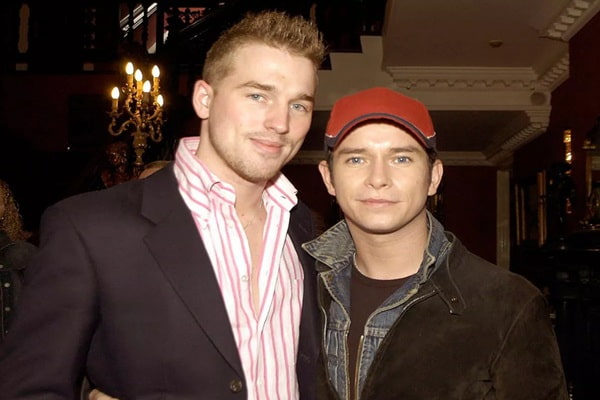
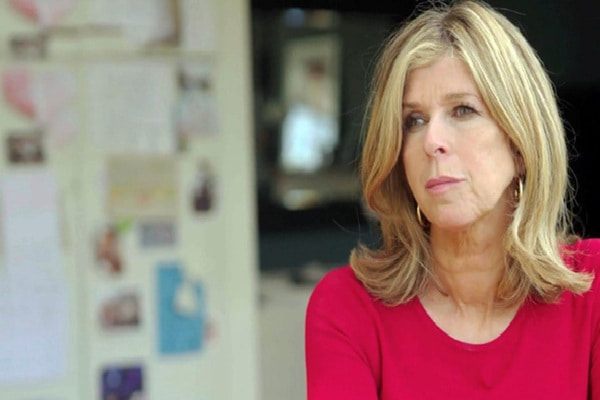
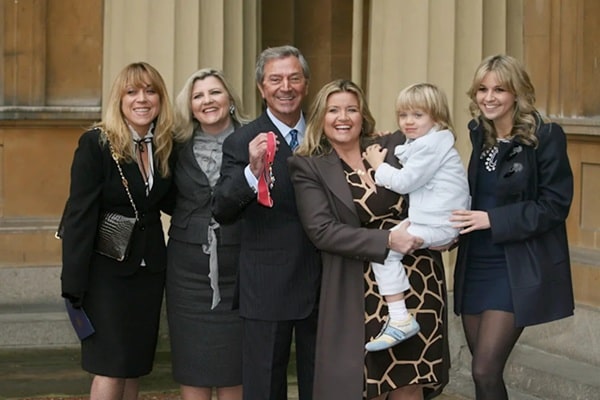
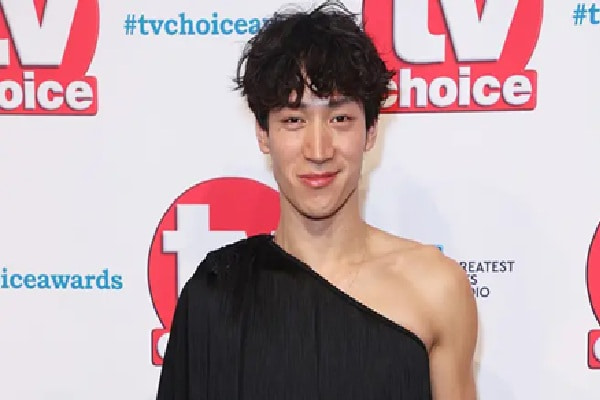
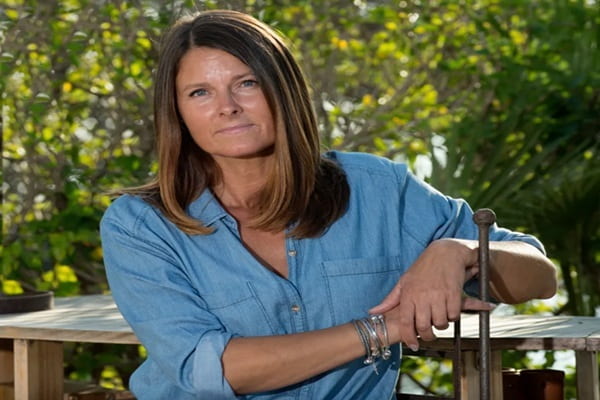
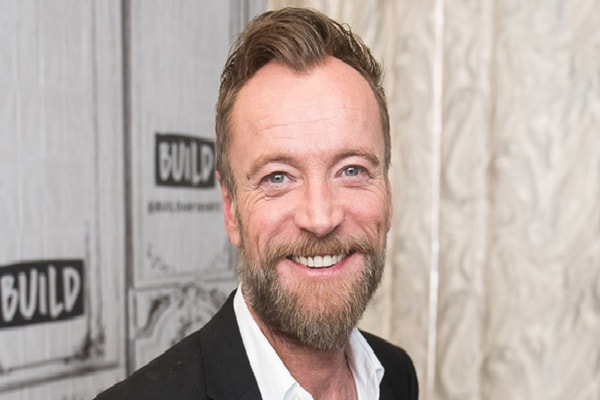
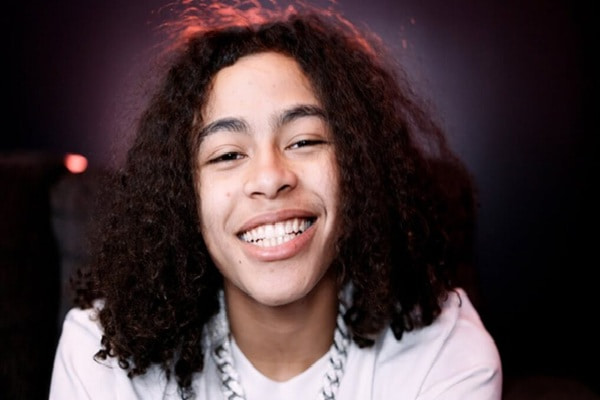

Salma Shah Age: Everything You Need to Know About Her Life and Career